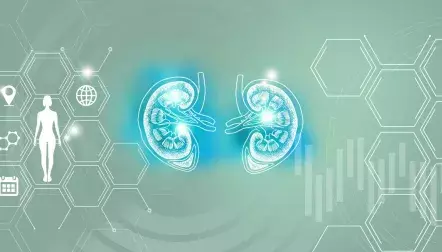
Insulin
- Medically reviewed by
- AKF's Medical Advisory Committee
- Last updated
- February 12, 2024
What is insulin when used as a medicine to treat diabetes?
Insulin is a hormone your body makes that helps turn sugar from the food you eat into energy. If you have diabetes, your body cannot make enough insulin or it cannot use it correctly.
If you have diabetes, your doctor may prescribe insulin as a medicine to replace the insulin that your body is not able to make. Insulin is used for people with:
- Type 1 diabetes as the main treatment
- Type 2 diabetes, often with other treatments
- Gestational diabetes (diabetes during pregnancy)
Types of insulin
There are different types of insulin that you take in different ways. Different types of insulin may work for different periods of time. You may take insulin as:
- A liquid you inject under your skin using a needle and syringe or prefilled pen
- A liquid given through an insulin pump (a small device that gives insulin continuously through a small plastic tube in your skin)
- A powder you breathe in through your mouth with an inhaler
How does insulin slow down the damage to my kidneys?
Insulin helps to control your blood sugar and keep it in a healthy range to prevent or slow damage to your kidneys. High blood sugar from diabetes is one of the most common causes of kidney disease. A high amount of sugar in your blood can damage the blood vessels in your kidneys, which causes them to not work as well. It can also cause direct damage to the glomerulus or the part of the kidney that filters the blood. Insulin can lower blood sugar and slow down the damage to your kidneys.
How does insulin work?
Insulin helps move sugar from your blood to the inside of your cells. Without insulin, sugar does not move into your cells. It stays in your blood and causes high blood sugar.
What are some common side effects of insulin?
Some common side effects of insulin include:
- Redness, itching or swelling around the areas you inject insulin
- Changes in the feel of your skin, build up of fat or a little dimple in your skin in the areas where you inject insulin
- Weight gain
- Low blood sugar
Common symptoms of low blood sugar include:
- Fast heartbeat
- Shaking
- Sweating
- Feeling anxious, irritable or confused
- Feeling dizzy
- Hunger
It is important to talk to your healthcare provider about medication and medication management questions you have.

